How to use will, going to & present continuous in the future
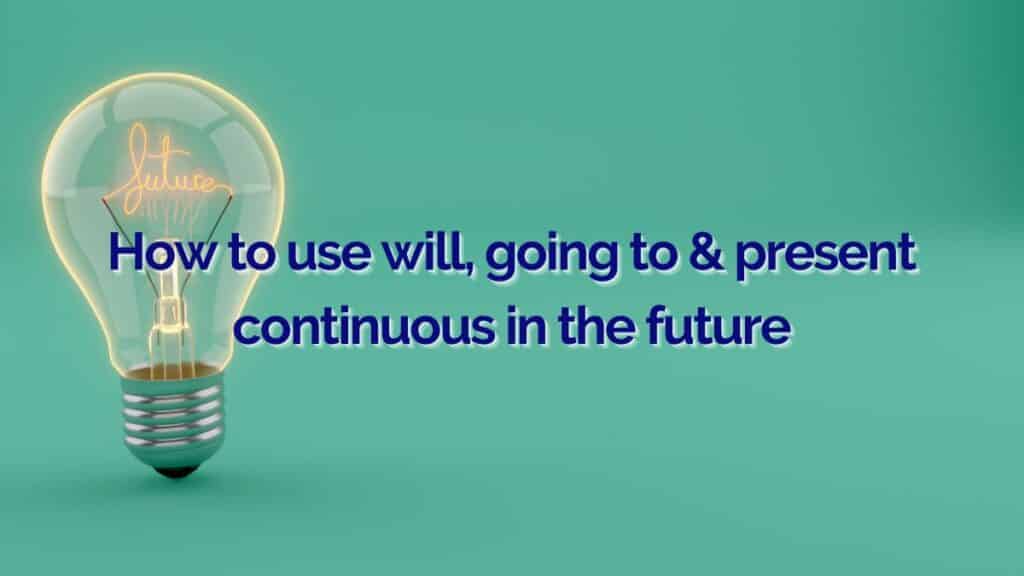
“The best thing about the future is that it comes one day at a time.” – Abraham Lincoln
Today we’re going to look at the subtle but important differences between will, going to and the present continuous in the future. You’ll see how and when to use them and be able to choose correctly between them at the end of this blog.
Recently, I covered this topic in my Ask Us Anything Friday live on our YouTube channel! You can find that video below. I go live every Friday to answer your English language questions on grammar, pronunciation, idioms, vocabulary and more, so if you have a question, make sure to submit it by leaving a comment below, or send us an email!
So, let’s take a look at the future tenses.
Will
This is called ‘the simple future’ and the structure is quite simple:
Positive sentence: subject + will + base form of verb
Negative sentence: subject + won’t + base form of verb
Question: Will + subject + base form of verb
Don’t forget to download your free ‘will’ cheat sheet!
How do we use it?
– For the spontaneous future: when we decide now in the moment a future action. For example: the phone is ringing and I say “I’ll answer it.”
– For future predictions with no evidence: for example “I hope it won’t rain for the Queen’s Jubilee.”
– For promises: “I promise I won’t tell anyone what you told me.”
– For requests: “Will you help me find a flat?”
– For offers: “I’ll help you find a flat if you want.”
– For threats: “If you don’t do your homework, you’ll fail.”
Going to
A lot of students get confused with will versus going to. It is easy to understand why as there are only 2 very subtle but crucial differences.
First let’s look at the structure:
Positive sentence: subject + am/are/is + going to + base form of verb
Negative sentence: subject + ‘m not/aren’t/isn’t + going to + base form of verb
Question: Am/are/is + going to + base form of verb
Don’t forget to download your free ‘going to’ cheat sheet!
What is the difference between ‘Will’ and ‘Going to’?
The first difference with “will” is “going to” is used for future predictions with evidence.
Let’s compare:
– I hope it won’t rain (no dark clouds, no evidence)
– I think it’s going to rain (I can see the dark, grey clouds above me)
Also “going to” is for future intentions so decided in the past for a future action.
For example:
I’m going to meet a friend on Monday. (We decided yesterday and have an intention for Monday but it is not 100% organised.)
Compared to “will” which is spontaneous:
“I don’t know what to do tomorrow. I’ll call my friend and see if she is free.”
Present Continuous for Future
Now let’s compare “will” & “going to” to the present continuous in its future function. It is used when the future action was decided in the past as well but the difference is that it is 100% organised (compared to “going to” which is just a future intention.)
The structure of the present continuous is as follows:
Positive sentence: subject + am/are/is + gerund
Negative sentence: subject + am not/are not/is not + gerund
Positive: Am/Are/Is + subject + gerund
“On Monday I’m meeting my friend Dayanah in the park for a picnic at 1 o’clock.” (We decided last week to meet and both know the time and place and 100% organised.)
Don’t forget to download your free ‘present continuous’ cheat sheet!
Practice activity
Now it’s time to test yourself on the differences between will, going to & the present continuous in the future with this exercise. Select the correct answer to complete the sentences.
1) The sky is getting dark. It’s ______________ soon.
A) going raining
B) go rain
C) going to rain
D) going to raining
2) My sister _________________ to Germany this winter.
A) travelled
B) will travel
C) going to travel
D) is travelling
3) We __________________ the cinema tonight to see the 8 o’clock film.
A) will go
B) gone to
C) ‘re going to
D) will going
4) The doorbell rang. “Don’t worry, I ____________ it.”
A) ‘m going to get
B) ‘ll get it
C) got
D) will
5) Next week Tom and Maria __________________to New York. They have already brought their tickets.
A) are flying
B) are going to fly
C) flew
D) is flying
6) Sarah thinks Bob _______________ famous one day.
A) is
B) will be
C) is being
D) was
7) What ______________at the weekend?
A) are you going
B) will you do
C) are you going to do
D) have you done
Answers
1)C 2)D 3)C 4)B 5)A 6)B 7)C
Don’t forget you can study verb tenses in more detail with the Verb Tenses course in the Academy.
This content was written and recorded by Intrepid English Teacher Kate R.

You can find out more about Kate R on her Intrepid English Teacher Profile Page.
Book a free trial lesson today to discuss this topic in more detail, and talk about your English learning goals with an experienced and friendly English teacher.
If you have any questions, or you would like to request a topic for a future blog, you can contact us using the chat box, send us an email, or even drop us a message on any of our social media channels.
Thanks for subscribing to our newsletter!
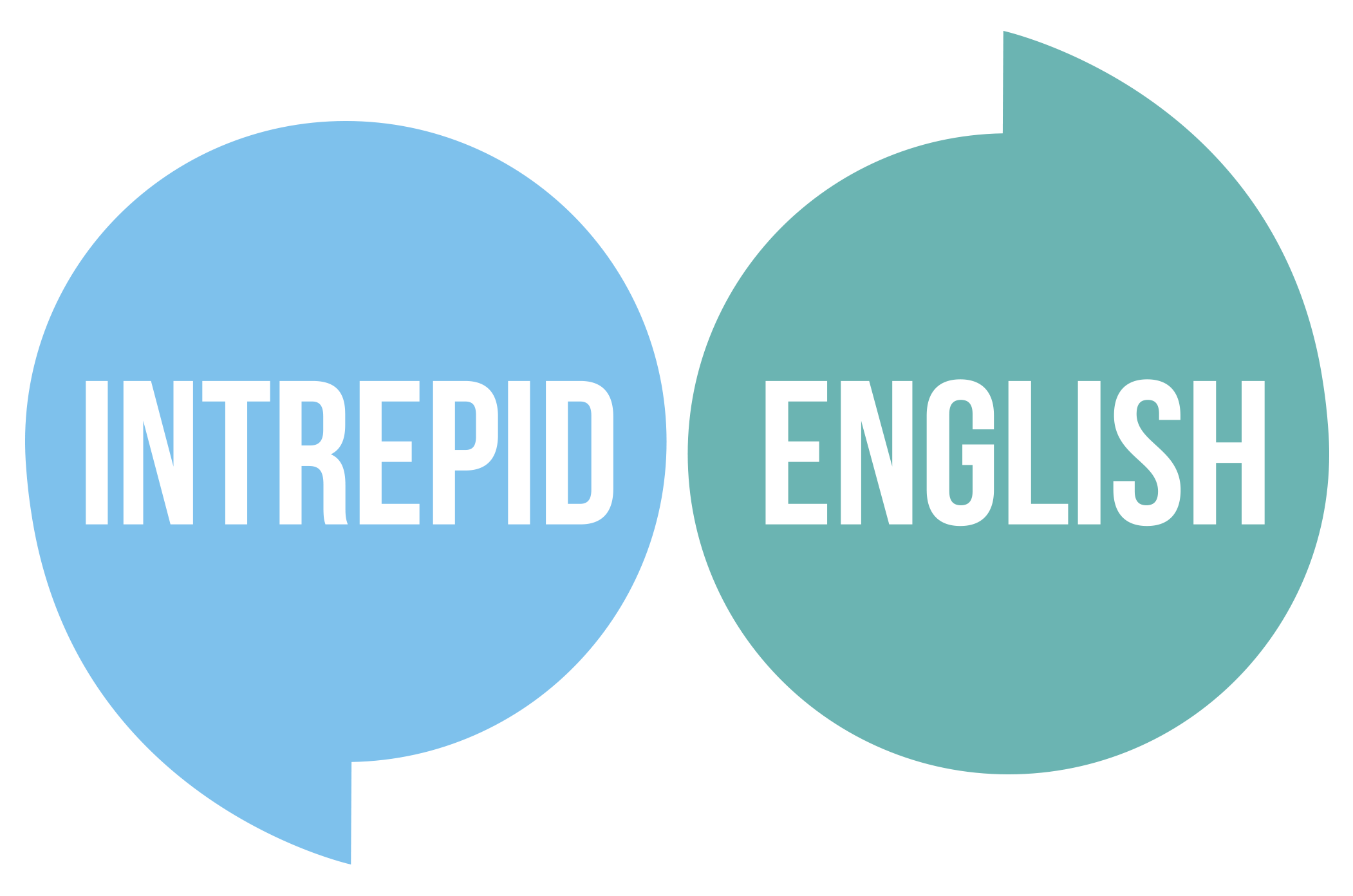

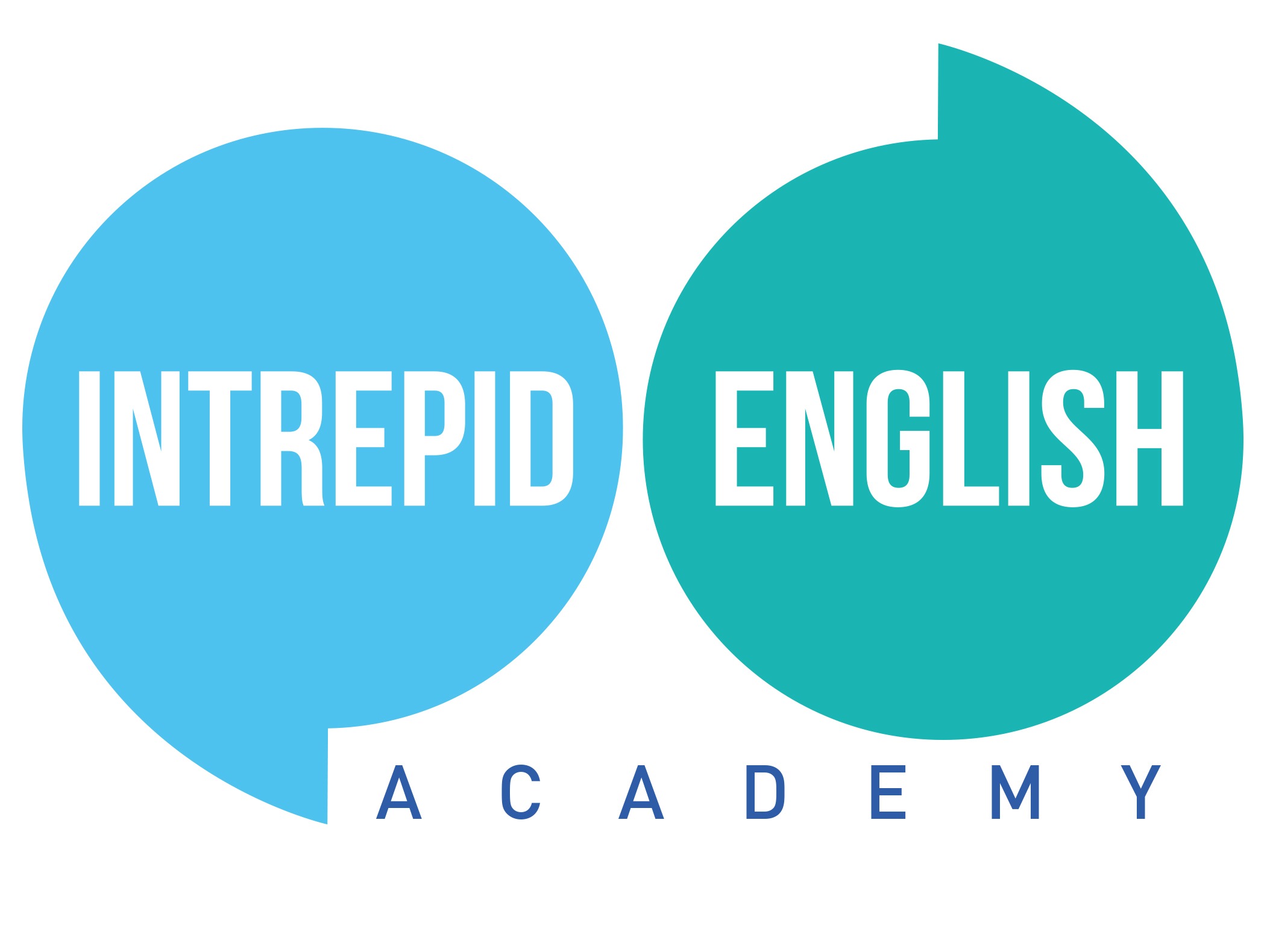
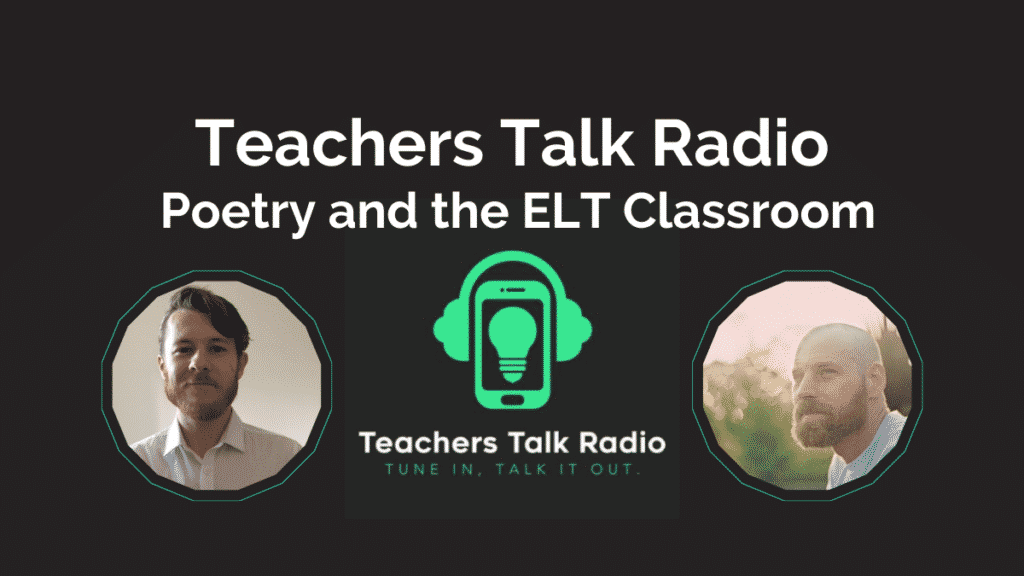
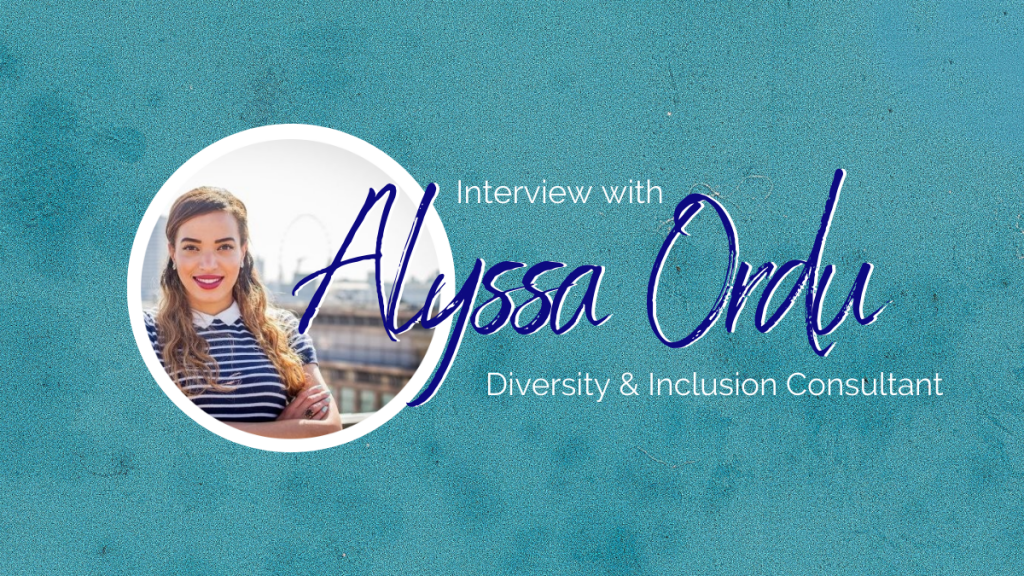

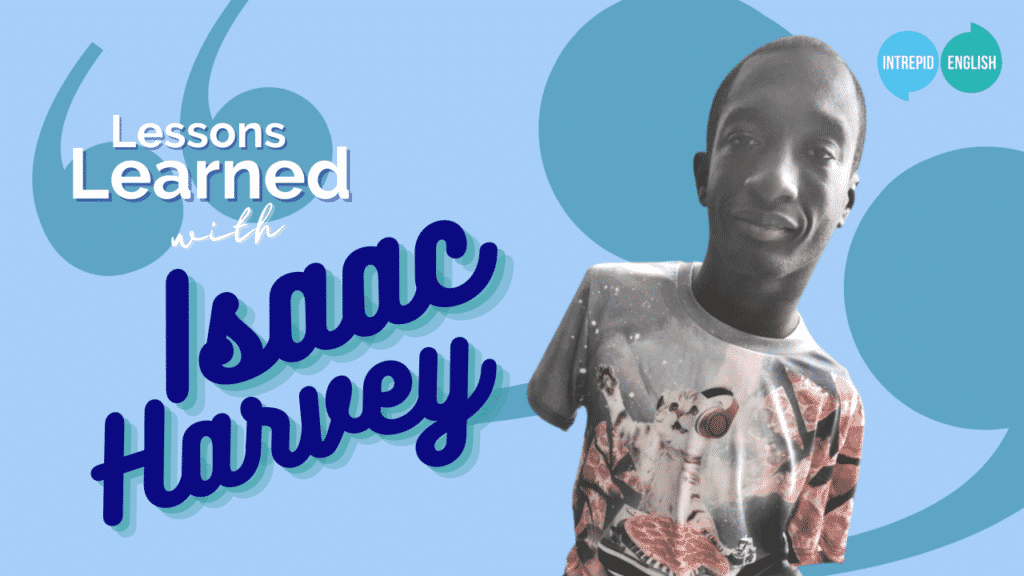
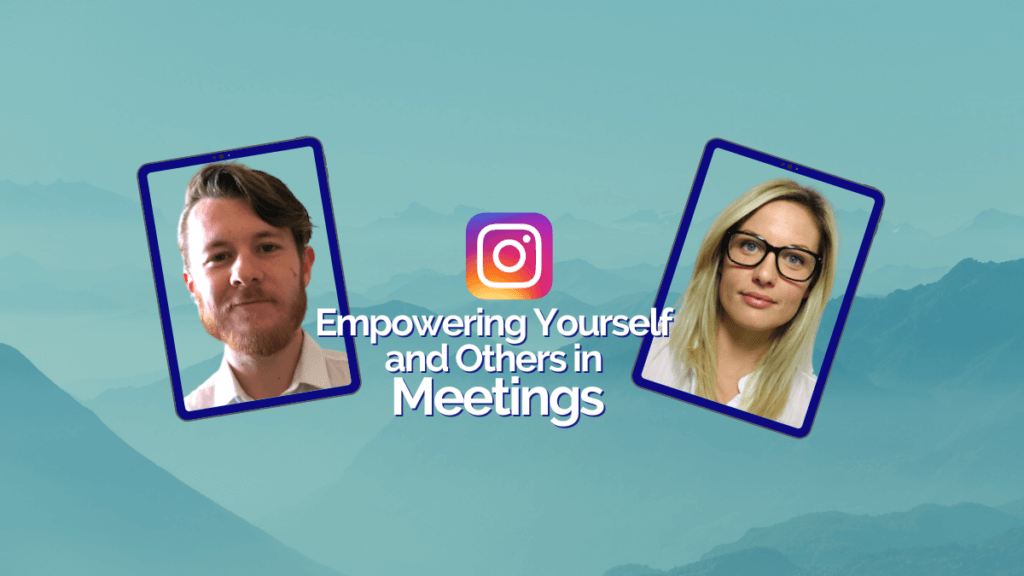
Responses